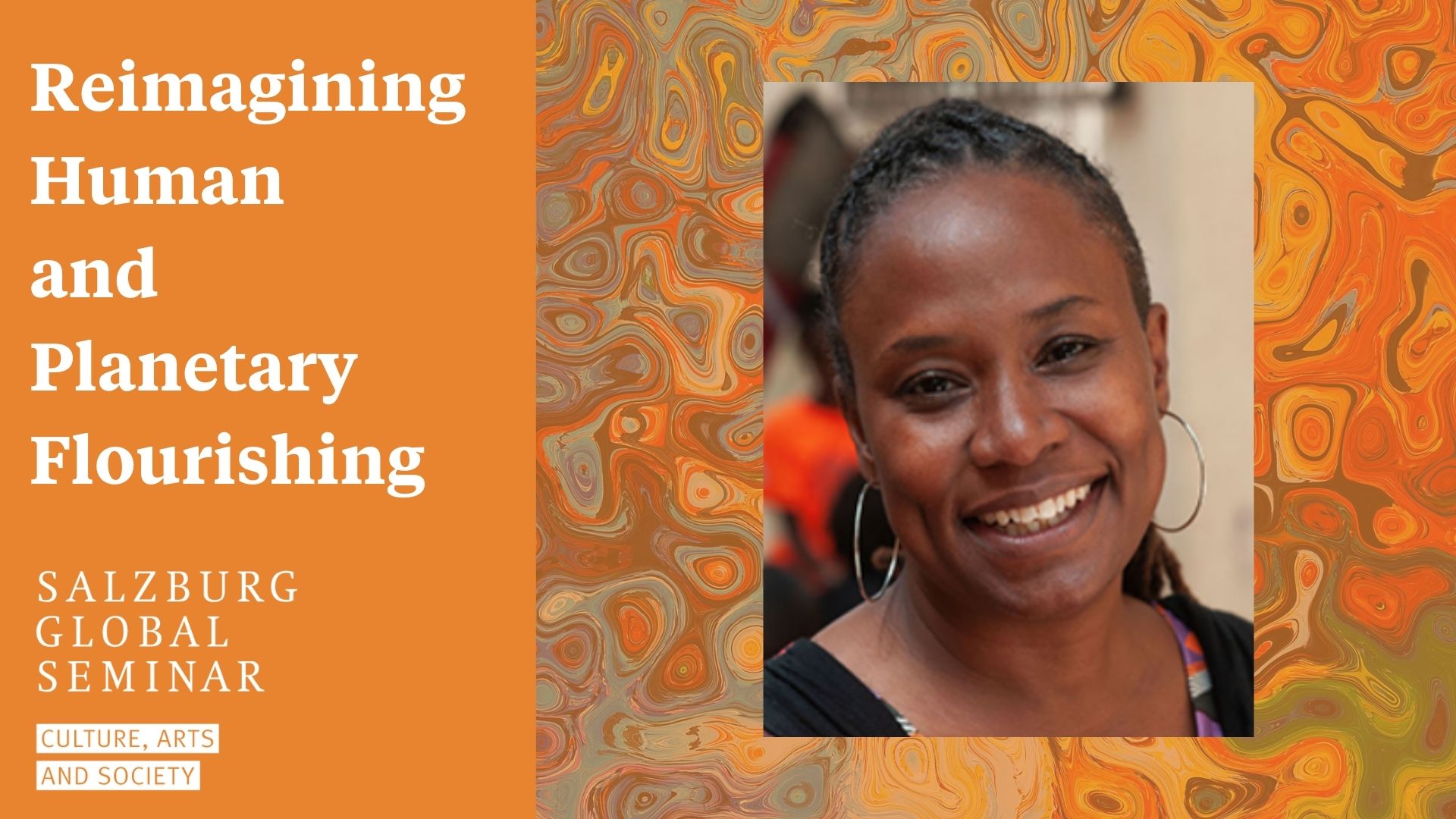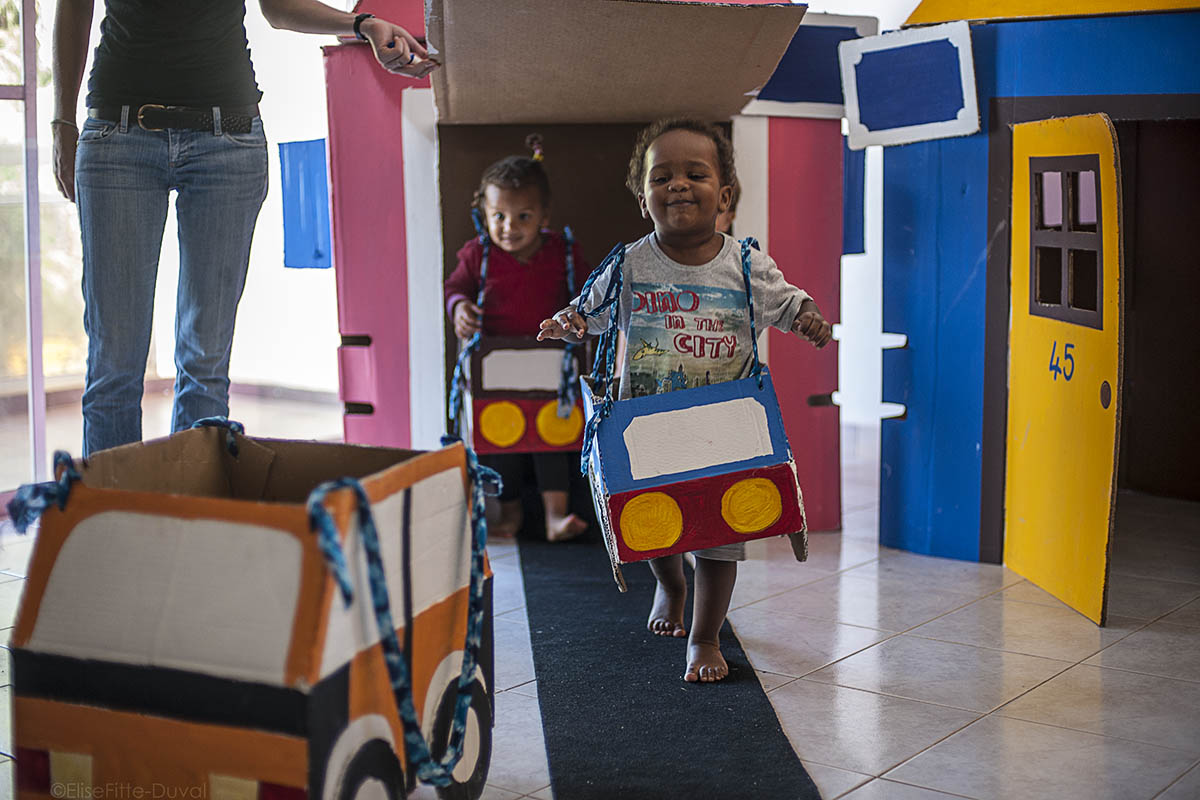
Believing Is Seeing: Imagining African Futures Through Play

Walking down the streets of a soon-to-be inhabitable Dakar, I am reminded of what our lives have become because of a lack of imagination. The lack of imagination by the colonial powers and their neo-colonial inheritors have laid an unsustainable architecture to this desperate state of affairs now known as urban space: poor air quality, too many cars, the destruction of decades-old trees and green spaces, the continuing lack of meaningful infrastructure and the frenzy of unregulated construction on nearly every block.
When confronted with this visual reality, it would seem that systems change is impossible to achieve. As so many of the conversations during our program captured, alongside the glimmers of hope and pockets of change looms the shadow of much deeper and more rigorous despair, whispering that even our innermost dreaming will not be realized in this lifetime.
I founded ImagiNation Afrika in 2011 because of the desire and passion to support African children’s re-imagining of themselves, their communities, and their futures. As most entrepreneurial adventures go, the path from 2011 to our present (COVID-19 included) has been filled with hard, miserable lessons, but yes, inspiration enough to continue, because it would seem that within every child, never mind their condition or circumstance, the instinct and processes of play are always reminders that it is through our believing - not seeing - that we will flourish.
At the foundation of play is the idea that believing is seeing. Children believe in an idea - I am a footballer, a monster, or a singer or artist - and they bend the world, if only momentarily, to fit this belief. The magic of their imaginative muscles transforms the present to their will. The more children play, the more they strengthen this capacity to make what they believe become their reality. Believing literally is how empowered children see and shape their worlds.

Think of a not-quite-two-year-old, unsteady on their feet, but believing they can walk. Willing themselves to put one foot in front of another to not only walk but run, seemingly before their legs are ready. They will walk, as surely as they will fall over and over again. And the falls may become lifelong scars of the effort they made, but will never become deterrent enough against the inherent will to triumph.
This is why playing is so important for children in general, but for us at Imagination Afrika, African children in particular. Developing this self-esteem, self-confidence and resilience are qualities absolutely essential for this present still composed of equal parts horror, injustice, and inequities. Now add the problem-solving (‘how do I get down the stairs? Aha... I know… sitting!’), the creative thinking, hypothesizing, testing that play demands and watching our children, believing, nurturing and encouraging their play. We can imagine a new Africa led by future scientists, artists and mathematicians, fashioning more sustainable futures for us all.
Marieme Kaba, in We Do This 'Til We Free Us: Abolitionist Organizing and Transforming Justice, a seminal work on abolition, states “We have to try things, knowing that many experiments will fail. We can build containers for collective action, and trust in the collective to figure it out and learn important lessons as we go. We’re not trying to find the solution, but rather a constellation of solutions.”
This knowledge that the experiment will fail, the sand cake will not rise, the blocks will fall down, the ball will not make the goal is part of the risk of play, the risk that young children confront and navigate every day. Yet belief pushes children onward, toward, as Marieme Kaba states so powerfully, “a constellation of solutions,” each an opportunity to re-imagine, to look upon the city and know that yes, even though this experiment has failed, we have in our very beings, the opportunity to begin again, with our collective imaginations, another stronger attempt at flourishing.